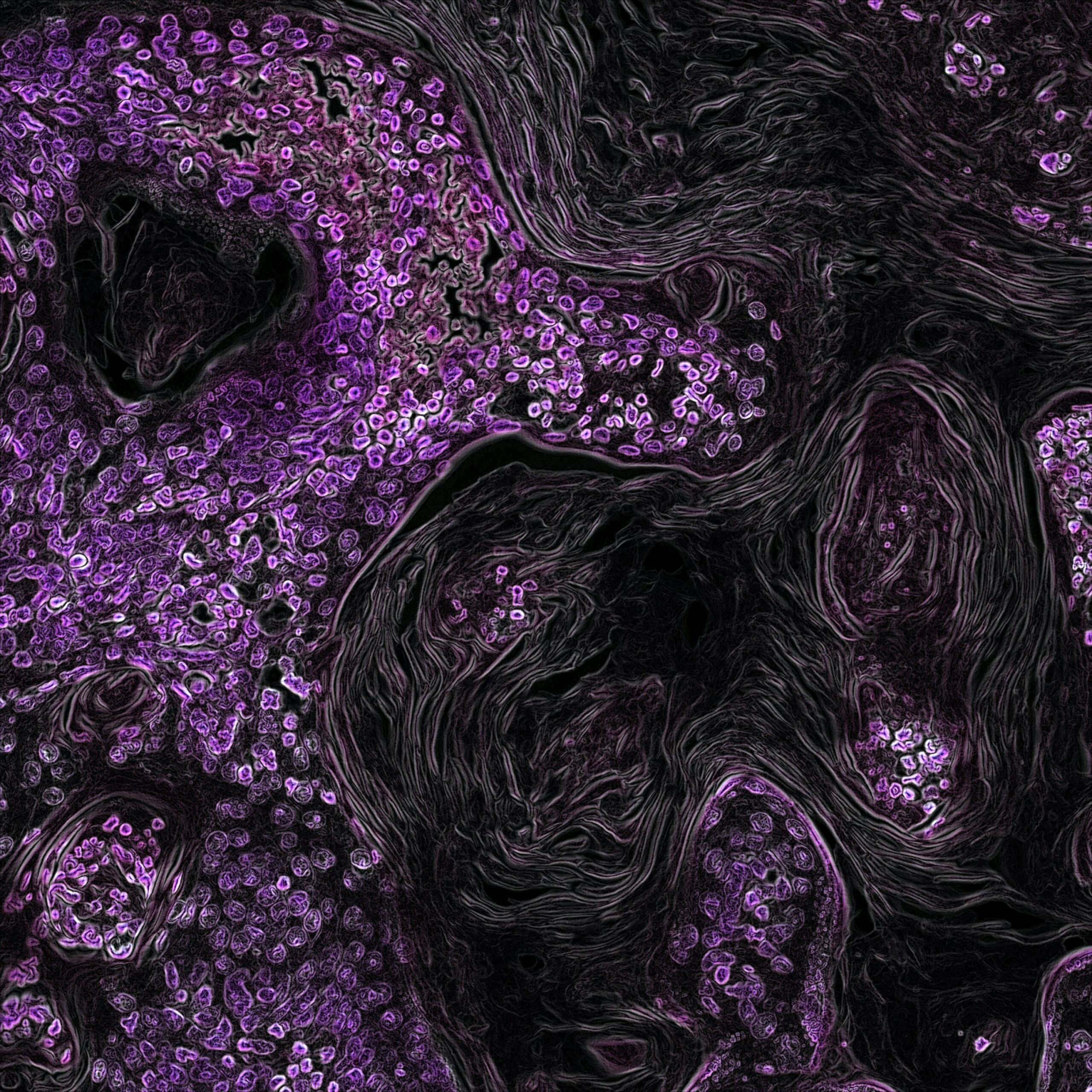Rare Diseases: Phase I First-in-Human Study on Wilson’s Disease
Case study
This case study looks at the challenges that arose in a Phase I First In Human trial for the progressive Wilson’s Disease, and how the expert team at Aixial overcame these challenges for the sponsor.
Wilson’s Disease
Wilson’s Disease is caused by a deficiency in the ATP7B gene which codes the enzyme for copper transportation. The disease is inherited in an autosomal recessive manner.
Also known as hepatolenticular degeneration and progressive lenticular degeneration, this rare genetic disorder causes copper poisoning in the body. It affects about 1 in 30,000 people worldwide.
Current Therapeutic Solution
Common treatment includes dietary changes (low copper diet) and medications (chelatingagents such as trientine and d-penicillamine and zinc supplements). In extreme situations, liver transplantation can be considered. Very few clinical trials have been conducted to date and most have focused on the use of these medications. However, pioneer clinical trials on gene therapies are now being instigated.
Challenges for Patients
n a healthy body, the liver filters out excess copper and releases it through the bile. With Wilson disease, the liver cannot remove the extra copper properly. The extra copper then builds up in organs such as the brain, liver, and eyes leading to organ damage.
The disease is progressive: it can cause liver (hepatic) disease, central nervous system dysfunction and if left untreated, it can be fatal. Early diagnosis and treatment can therefore prevent serious long-term disability and life-threatening complications.
Aixial Solutions
Aixial is initiating a Phase I First In Human trial with a European biotechnology company using an adeno-associated viral vector (AAV)-based gene therapy. The patients will receive an ascending dose of the treatment.
Complex studies such as this have challenges in both the set-up and execution phases, for this study in particular there are challenges to do with a gene therapy in a rare disease, and those revolving around the production, delivery and administration of radiopharmaceutical products as an assessment tool.
- To overcome the challenge of novel IMP and complex study design robust feasibility and detailed site identification is crucial; sites need to be cognizant of the potential implications for the study participants, study personnel, the community, and the environment
- Aixial has worked with the sites and Sponsor to find innovative solutions to enable to sites to take part and to ensure Aixial and the Sponsor conduct the trial successfully
- The protocol must be very clear with regards to inclusion/exclusion criteria and includes regular Data Monitoring Committee reviews
Reach out to us at info@aixial.com
Other insightful resources




![Safety, Preliminary Efficacy and Pharmacokinetics of [IP] in Metastatic Castrate Resistant Prostate Cancer](/wp-content/uploads/2024/11/70144-iStock-1180568434.jpg)


